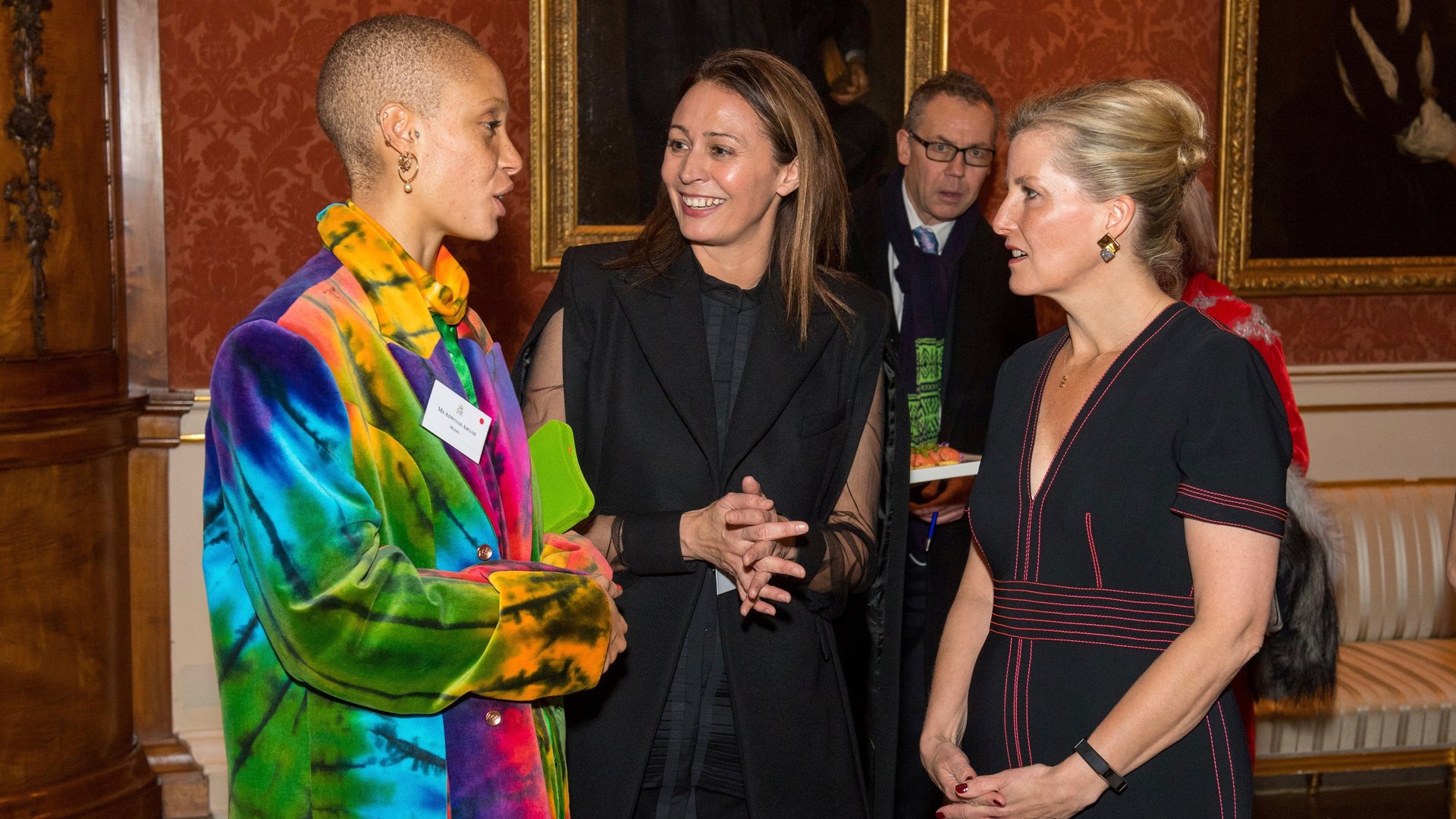CQ is the new IQ: Four tips to boost your cultural intelligence
All successful communications are a small miracle—it’s not easy to understand others and be understood. But if you’ve ever traveled to a foreign country and struggled to figure out how to line up at a store, greet a colleague, or buy a friend a drink, you know that miscommunications increase when we speak across cultures, as we all do in a globalized society, whether we’re working in our home countries or abroad.


All successful communications are a small miracle—it’s not easy to understand others and be understood. But if you’ve ever traveled to a foreign country and struggled to figure out how to line up at a store, greet a colleague, or buy a friend a drink, you know that miscommunications increase when we speak across cultures, as we all do in a globalized society, whether we’re working in our home countries or abroad.
That’s why some social scientists argue that CQ, or cultural intelligence, is the new IQ—and that it’s an even more important measure for determining professional success than smarts measured by traditional intelligence quotient tests.
The concept of CQ was introduced in 2003 by P. Christopher Early, now the dean of Purdue University’s Krannert Management School, and Soon Ang, a professor at Nanyang Technological University in Singapore. As described by these two academics, CQ is a measure of a person’s ability to function effectively in intercultural contexts, appropriately interpreting and responding to unfamiliar signals.
When businesses without borders grew more commonplace in the late 20th century, they explain, cultural fluency stopped being optional. And so CQ emerged as a “hidden talent” that’s essential in the 21st century.
In the decade and a half since the concept was introduced, other researchers have created tests to measure and improve CQ, and more than 100 peer-reviewed studies have been published on the subject. These experts argue that CQ is about more than cultural sensitivity. Rather, it’s the ability to function effectively and respectfully, accomplish goals, and be creative in diverse settings. It involves the following four factors:
- Metacognitive: The mental ability to learn cultural information.
- Cognitive: Actually gaining knowledge about cultures’ similarities and differences.
- Motivation: Having an interest in cultural exchange and confidence in your ability to function interculturally.
- Behavioral: Ability to adapt while in intercultural interactions.
David Livermore, president of the Cultural Intelligence Center in East Lansing, Michigan, believes high CQ makes some people exceptionally successful though they don’t otherwise seem like geniuses in terms of, say, ideas or production. And conversely, low CQ makes even a well-intentioned, intelligent professional seem stupid in certain settings.
For example, Livermore discusses a dinner he attended in which a German insisted on talking politics with an American colleague at a dinner full of internationals. The American resisted revealing who he would vote for in presidential elections, claiming it was an inappropriate topic where he’s from—which came as a surprise to the German.
Situations like that can seem “weird, rude, or awkward,” Livermore explains on his blog, but they can also be learning opportunities. After the uncomfortable dinner, Livermore polled his international contacts about what makes them feel culturally uneasy. A different German said that in the country’s culture, small talk in emails was considered unnecessary and annoying.
A Canadian person said that it felt strange when people didn’t look him in the eye, while a Nigerian noted that making eye contact with superiors is considered poor form. That was just one in a list of many contradictions, which made Livermore realize that it would be impossible to know exactly what to say or do at all times in intercultural contexts.
Luckily, he says, there are four guidelines you can follow to deal with any situation in a culturally intelligent manner:
- Begin with positive intent. Your first response to someone else’s behavior should not be to assume they are being rude—and also keep in mind that others may misconstrue own your behavior.
- Seek more information. Most behavior makes sense once explained.
- Prepare. Consider frustrating situations you’ve encountered before and decide in advance how you’ll handle awkwardness graciously.
- Be yourself, but adapt. You likely dress, speak, and behave differently in various familiar settings. For example, think about how you present yourself at work as opposed to how you act when you’re with friends. Be similarly willing to shift in intercultural encounters.
Anyone can develop CQ—if they believe they can. Melanie Chao, a social psychologist at the University of Hong Kong, argues that having a “growth mentality” can help people to raise their CQ even if they have little experience with people of diverse backgrounds. As she told the BBC, “Individuals’ beliefs create [their] reality.”